Beware The Pizza Sharks
Over the years, with little more than some extreme luck, I’ve been able to spend time with some of the world’s great pizza makers and enthusiasts. Pizza has a complex sub-culture that includes artisans, entrepreneurs, teachers and, on occasion, some very interesting philosophers who view our craft as a metaphor that grants insight into the nature of humanity. For the very best thinkers in the pizza world there is no separation between making outstanding pizza and understanding our place in the world. Take a few minutes to listen to pizzaiolos Chris Bianco or Roberto Caporuscio and the connections become very clear.
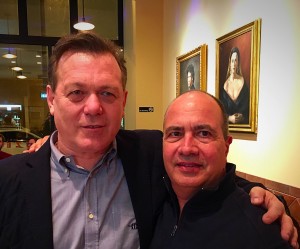
John, with the great Roberto Caporuscio, of NYC’s Keste’ Pizzeria and also partner in Don Antonio by Starita
And so, I recently found myself in Chicago lending a hand at the 10th Anniversary celebration of Spacca Napoli, one of America’s premier Neapolitan pizzerias, owned by my dear friends Ginny Sykes and Jonathan Goldsmith. As often happens, the pizza gods were smiling down on me and, not only was I invited to help on the cook line, I was also asked to give a brief presentation. Besides the amazing food, the undisputed star of the program was Neapolitan food historian and cultural ambassador Domenico Mazzella, who has just released a great pizza guide book Pizza on The Backstreets of Naples. Of course Domenico’s presentation was pitch perfect, but it was the 3 days of casual interaction and side by side cooking that gave me a new insight, not only about Domenico but, also, about pizza and the relationship between society and consumption. Stick with me here, because I think Domenico’s observations can help all of us to become better pizza makers as well as better human beings.
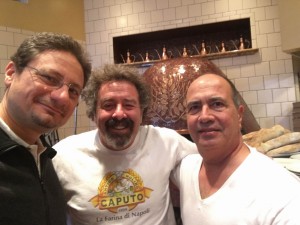
Jonathan Goldsmith (in the center), of Chicago’s Spacca Napoli, along with food historian Domenico Mazzella and our own John Arena
The three days I spent in Chicago offered many invaluable practical lessons in pizza making but perhaps the most valuable lesson I experienced actually centered on a simple cup of coffee. No, I’m not talking about a shot of espresso pulled from a ten thousand dollar machine with more levers and valves than a Ferrari. I’m talking about coffee from a simple stove top Bialetti Moka Express, the ubiquitous coffee pot found in nearly every home in Naples. It was in the making and drinking of that cup of coffee that the real pizza lesson was hidden. Watching Domenico prepare that coffee, an act that is no doubt performed by millions of people every single day in Italy, was a revelation. You see every step from measuring, to heating, to pouring, adding milk, sugar, stirring, even lifting the cup and taking in the aroma of the finished drink was an exercise in patience and extremely deliberate thought.
Domenico’s actions were so obviously contemplative I felt compelled to ask him about his methods and motives. His answer was thought provoking to say the least. Domenico explained, “Many Americans and much of modern society eat like sharks. That is to say moving forward constantly, chomping whatever is in their path, with little conscious thought about what they consume, how it is produced, and the long term effects of that consumption.” It occurred to me that his comments not only applied to food but to all manner of consumption from energy, to time, to human interaction. Moreover, if we consume like sharks, then the way that we produce — and the nature of the food that we produce — will be impacted.
Think about it. If we are producing pizzas for a society that has shark mentality all that matters is that the food be there in abundance, ready to be mindlessly devoured. In many cases this has happened to our pizza. This phenomenon is particularly noticeable in the world of competitive pizza making where novelty and attention grabbing tricks have taken the place of balance, harmony and restraint. We should be ever mindful of not allowing the sharks to dictate what we produce and how we present it. To create great pizza means that every act must be deliberate. Every ingredient must have a clearly defined reason for inclusion. The limitations originally imposed on pizza makers by harsh economic realities resulted in a disciplined art form that is in danger of being diminished by the relative abundance and fast pace of modern day life. The solution is for pizza makers to wake up each day and not only “smell the coffee” but also to think deeply of all the lives involved in putting that coffee (or pizza) on the table. If we fail to do that we are swimming with the sharks.
Recent Articles by John Arena
Comments
Add Comment
You must be logged in to post a comment.



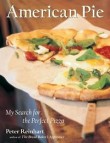
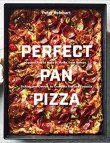
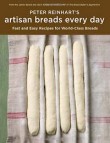

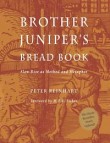
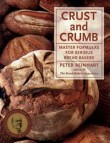
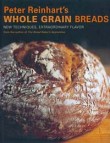
Please subscribe me
Dear Thamin,
You can subscribe to our RSS feed by clicking the icon in the upper right hand corner of the home page.